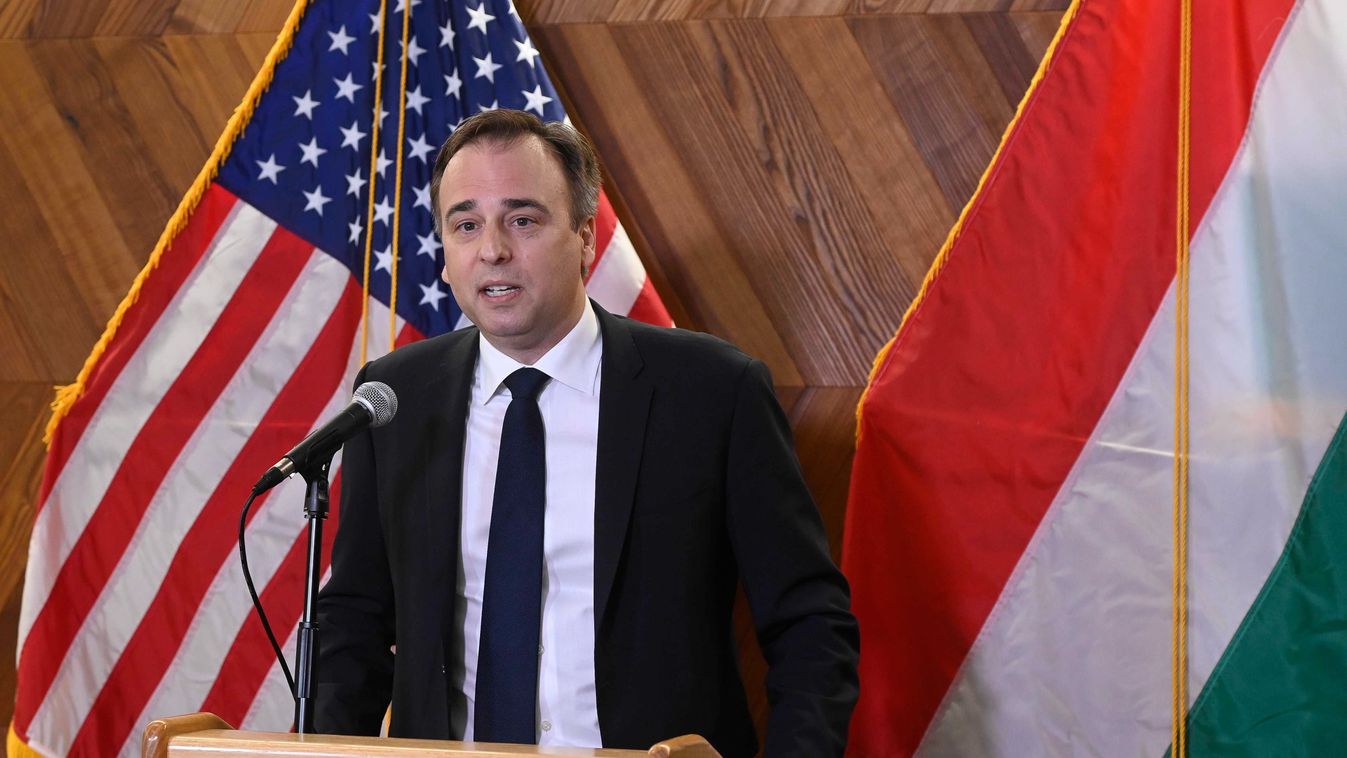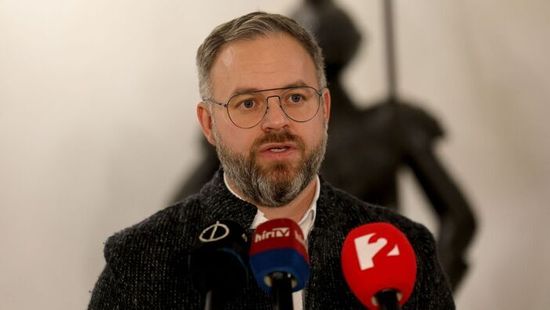– Adding Antal Rogan, the head of Prime Minister Orban's Cabinet Office, to the sanctions list is nothing more than the departing, failed U.S. administration’s attempts at vengeance and petty actions toward the incoming government. However, this pseudo-scandal is likely to be resolved in February," said Agoston Samuel Mraz, the head of the Nezopont Institute, on public television’s 48 Minutes news program.
In the program, Mr. Mraz emphasized that this decision was more about the individuals who are bitter over the departure of the Democratic administration, and beyond that, one must consider the political ambitions of David Pressman, the soon-to-be former U.S. ambassador to Budapest.
He will likely become a politician in the United States or seek a position with a politically active civil organization, and he now got himself a piece of paper that proves his bravery in these final days here,
– the analyst stated, noting that generating such a scandal is not what one would describe as a courageous act from an ambassador who – according to his official announcement – is leaving on Monday.























Szóljon hozzá!
Jelenleg csak a hozzászólások egy kis részét látja. Hozzászóláshoz és a további kommentek megtekintéséhez lépjen be, vagy regisztráljon!